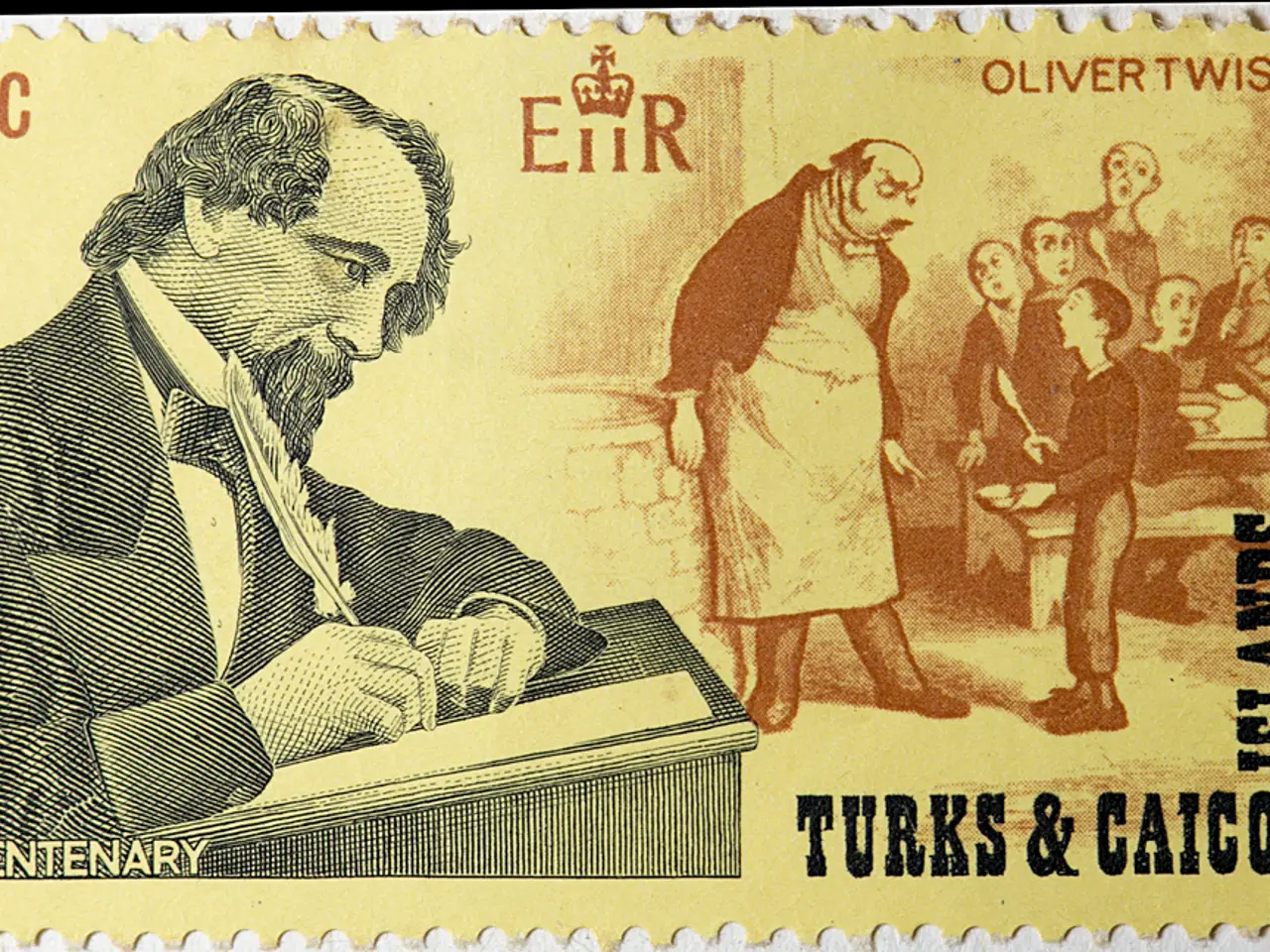Trump's tariffs cause losses in Laos and Brazil, with numerous losers. However, even the beneficiaries of these tariffs will carry a burden.
In the final years of President Donald Trump's term, his tariff policies have left a lasting impact on both the U.S. economy and various trading partner countries.
The tariffs, which significantly raised the average effective rates from about 10% to over 23%, have resulted in increased costs for U.S. consumers and industries. Economist Wolff has stated that the U.S. consumer is a big loser in Trump's trade war, with the average household facing a $2,400 cost.
The tariffs have also constrained government defense spending, making it harder and more expensive for the Department of Defense to meet equipment requirements. Critical sectors such as defense procurement and energy infrastructure have faced increased costs, elevating power generation component costs by 6–11%.
Moreover, the tariffs have strained international relationships. Trump's tariffs on Canada were intended as a threat for Canada's statement recognizing a Palestinian state. Countries that did not comply with Trump's demands or incurred his wrath, such as Brazil, Canada, and Switzerland, were hit harder.
For trading partners, including China, Japan, the European Union, Canada, and Mexico, the tariffs disrupted supply chains, raised export costs, and led to retaliatory measures that affected global trade flows and economic growth in those countries. The tariffs' contribution to global economic uncertainty further dampened international investment and trade.
Switzerland, for instance, was hit with a 39% import tax, higher than the originally announced 31%. Lesotho's tariff was reduced from 50% to 15%, but the damage may already have been done. Angola's tariff dropped to 15% from 32%, but was less than 1.5% in 2022. Taiwan's tariff was reduced from 32% to 20%, but it is still higher than before Trump took office.
The United Kingdom has agreed to 10% tariffs on its exports to the United States, up from 1.3% before Trump amped up his trade war. The European Union and Japan have accepted U.S. tariffs of 15%, much higher than the low single-digit rates they paid last year.
Not all countries were affected equally. Pakistan, South Korea, Vietnam, Indonesia, and the Philippines have also agreed to hefty tariffs with Trump. On the other hand, Walmart, Procter & Gamble, Ford, Best Buy, Adidas, Nike, Mattel, and Stanley Black & Decker have all increased prices due to U.S. tariffs.
The U.S. Court of Appeals for the Federal Circuit sounded skeptical about Trump's justifications for the tariffs. The U.S. Court of International Trade agreed that Trump's tariffs exceeded his authority under the 1977 law and blocked them, but the government is appealing.
In conclusion, while tariffs aimed to address trade imbalances and national security concerns, the economic trade-offs have included inflationary pressure, reduced consumer purchasing power, higher production costs, strained alliances, and challenges to critical infrastructure and defense sectors in the U.S. These long-term impacts highlight the complex and far-reaching effects of tariff policies on both domestic and global economies.
- Microsoft, situated in Seattle, has likely faced increased production costs due to the tariffs implemented during Trump's term, affecting the overall efficiency of the tech giant's business operations.
- The imposition of tariffs on Amazon's imported goods could lead to increased costs for consumers, potentially influencing their purchasing decisions in the general-news domain.
- Politics surrounding international trade have led to government spending hikes in sectors like defense and infrastructure, which might impact the overall U.S. business landscape, with the finance industry being particularly vulnerable.
- The trade policies under President Trump's administration could potentially affect the business relationships between the U.S. and its trading partners such as China, Japan, the European Union, Canada, and Mexico, impacting the flow of goods and services in crime-and-justice areas like drug trafficking or human smuggling.
- As a result of the tariffs, businesses like Walmart, Procter & Gamble, Ford, Best Buy, Adidas, Nike, Mattel, and Stanley Black & Decker, have had to raise prices, which could prompt consumers to reconsider their political standpoints on the matter in the context of business and politics.




